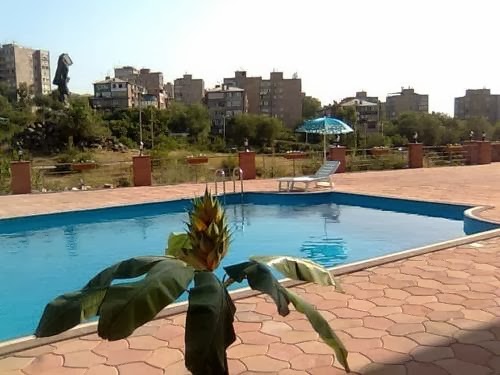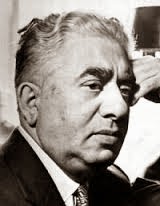You may be surprised to learn that the top-rated hotel in
Armenia’s capital is only rated as 3 stars!
In fact, everything about Hotel Meg might just surprise you...in a good
way (not least, the quality for a 3 star hotel). Located in the heart of the capital, if you
choose to stay here then you will only be a few minutes’ walk from both The
Matenadaran, The Cascade and The Opera House – excellently placed for you to
explore all that the city has to offer.
If you want a perfectly cosy boutique hotel, then this is the one for
you. However, don’t let the fact that it
only has 7 suites to offer put you off!
This is a spacious, stylish and comfortable hotel with modern facilities
and proficient staff.
 |
| Hotel Meg, Yerevan |
Arrival Information
Upon arrival, you are greeted with a 24-hour reception and
staff who are pleased to help you day and night. Check in is from 3.00pm and check out is by
12 noon.
Services and
Amenities
The hotel offers a wide-range of services and amenities,
including: two-way airport transportation; concierge service, including restaurant
and concert reservations fax and copying services, complimentary breakfast, an outdoor swimming pool, sightseeing
tours, transportation, in-room massage, hair salon and spa booking service; and
bottled water, laundry, dry cleaning, shoe cleaning service are all available
for an additional cost.
Guest Rooms
There are three different room rates available: One-Room Suite, with one queen or two twin beds; Two-Room Suite, with
one king or two twin beds; and Two-Room Suite, with one queen bed. Room rates start at 32,702 AMD and finish at
67,448 AMD per night (as of February of 2014). This
definitely doesn’t make it the cheapest hotel in Armenia, but for your money
you get an extremely large well-appointed, modern suite with a custom-designed
super comfortable mattress – to guarantee you a good night’s sleep. Also, these rates do vary with season and
there are special rates available from 30,000 AMD, at certain times. Each room features: in-room tea and coffee,
complimentary seasonal fresh fruit, quality bed linen, kitchenettes with
built-in refrigerators, air-conditioning, a safe, a hairdryer, an iron and
ironing board, a television, satellite, a CD/DVD/MP3 player and WiFi Internet.
Trip Advisor Rating
and Testimonials
Overall, this hotel has been awarded 4.5 stars out of 5 on
the Trip Adviser website (written by independent visitors to the hotel). When broken down, the hotel received: 5 stars
for rooms, cleanliness and service; 4.5
stars for location, sleep quality and value.
Some of the guests said the following:
‘Warm and friendly...’
‘[Felt] at home, despite outside temperature of -17 degrees C!’
‘I loved the Hotel Meg!’
‘Ideal place to stay for a city break.’
If you are looking for small, intimate and friendly coupled
with clean, spacious and well-appointed, then this is the place for you.




